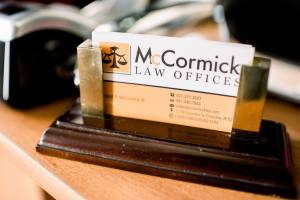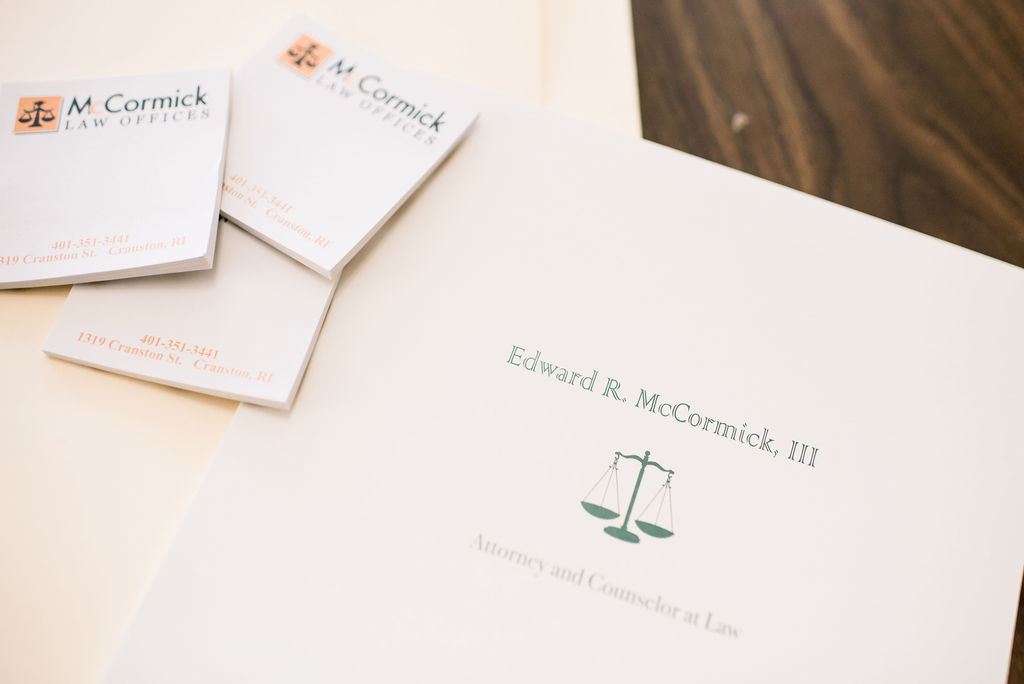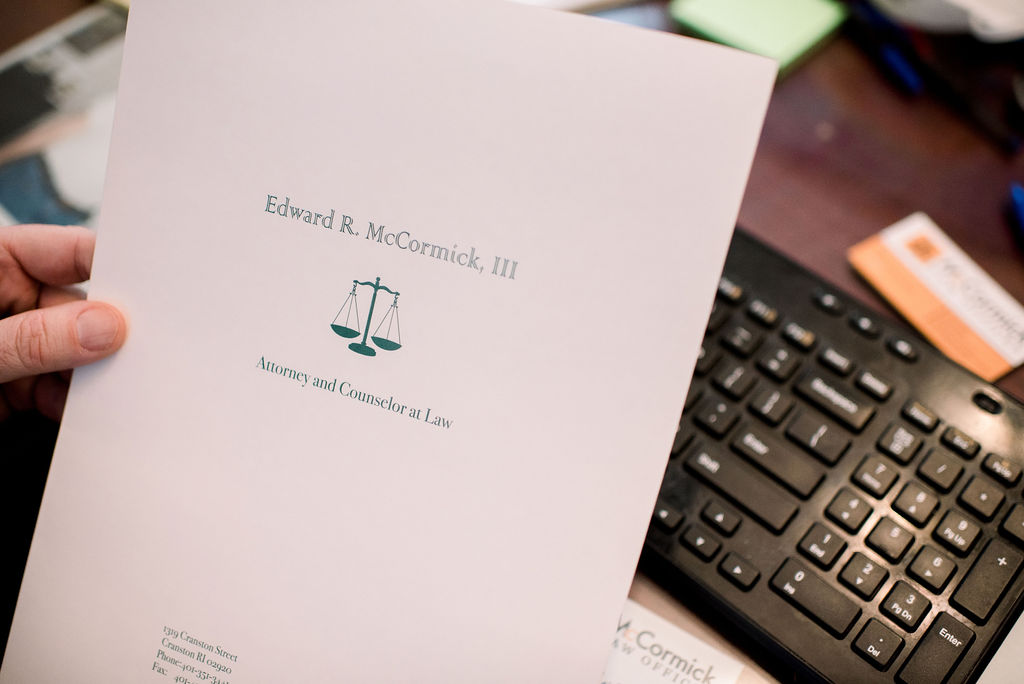What Is Legal Guardianship?
Legal guardianship gives someone the authority to make decisions on behalf of another person who is unable to do so themselves. In family law, this typically involves minors whose parents are unavailable or unfit—but it can also apply to adults with disabilities or elderly individuals facing cognitive decline.
In Rhode Island, guardianship must be approved by the court and comes with serious legal responsibilities. That’s why families often work with a trusted attorney to ensure the process is handled properly and with compassion.
Types of Guardianship in Rhode Island
Guardianship of a Minor
This applies when a child’s biological parents are unable or unwilling to care for them—due to incarceration, illness, substance abuse, or other circumstances. A guardian steps in to provide for the child’s welfare, including:
- Education
- Medical care
- Housing and daily needs
- Legal decisions
Guardianship can be temporary or permanent, depending on the child’s situation.
Guardianship of an Adult
This is usually pursued for individuals who can no longer make decisions due to mental illness, intellectual disability, dementia, or physical incapacitation. A guardian may be appointed to oversee:
- Healthcare and treatment
- Living arrangements
- Finances and bills
Rhode Island courts take adult guardianship seriously and require evidence, such as medical evaluations, before granting it.
How Does the Guardianship Process Work?
Here’s a simplified version of the steps involved in Rhode Island:
- Filing a Petition
You must file a formal request with the Rhode Island Family Court or Probate Court (depending on the case). This includes explaining why guardianship is necessary. - Notifying Interested Parties
Family members, including parents (for minors), must be formally notified. They have the right to attend a hearing and object if they choose. - Court Hearing
A judge will consider testimony, evidence, and the best interests of the individual. If the guardianship is contested, the process may involve additional investigation or mediation. - Ongoing Responsibilities
Once appointed, guardians are expected to submit regular reports and act in the protected person’s best interests.
When Is Guardianship the Right Option?
You may want to consider guardianship if:
- A child’s parents are deceased or unavailable
- You’re caring for a grandchild or relative informally
- An elderly loved one is no longer safe living alone
- A disabled adult needs help managing medical or financial decisions
- A parent with addiction is unable to provide stable care
Alternatives to Guardianship
Guardianship isn’t always necessary. Depending on the situation, there may be less restrictive alternatives, such as:
- Power of Attorney
For competent adults who wish to give decision-making authority to someone they trust. - Custody Orders
If parents are still involved, a family court custody order might be more appropriate. - Health Care Proxy
For medical decision-making without full guardianship.
An experienced family law attorney can help you explore the best path forward.
Why Choose McCormick Law Offices?
At McCormick Law, we understand how emotionally difficult and legally complex guardianship can be. We’ve helped Rhode Island families protect their loved ones for over three decades—always with empathy, discretion, and clarity.
Whether you’re petitioning for guardianship or facing a contested case, we guide you through:
- Petition preparation
- Court representation
- Family coordination
- Long-term planning and support
We also help you understand your responsibilities as a guardian and stay compliant with Rhode Island law.
Take the First Step Toward Legal Peace of Mind
Guardianship can feel overwhelming—but you don’t have to navigate it alone. If you believe someone you care about needs legal protection, let’s talk about your options.
Contact McCormick Law Offices to schedule a consultation with a guardianship lawyer in Rhode Island today.
Legal Disclaimer
The information provided on this website, including all blog posts, resources, and service descriptions, is for general informational purposes only and should not be construed as legal advice. While McCormick Law Offices strives to keep content accurate and up to date, the law is constantly evolving, and the information presented may not reflect the most recent legal developments or apply to your particular circumstances.
No attorney-client relationship is established by viewing this website, filling out a contact form, or engaging with our content. An attorney-client relationship with McCormick Law Offices is only formed through a signed written agreement.
You should not act or rely on any information on this site without first consulting a qualified attorney regarding your specific legal matter. Any links to third-party websites are provided for convenience only and do not imply endorsement or responsibility for their content.
McCormick Law Offices serves clients primarily in Rhode Island and Massachusetts. Legal services are provided in accordance with the applicable laws and ethical rules of these jurisdictions.
If you need legal advice or representation, please contact our office directly to schedule a confidential consultation.







